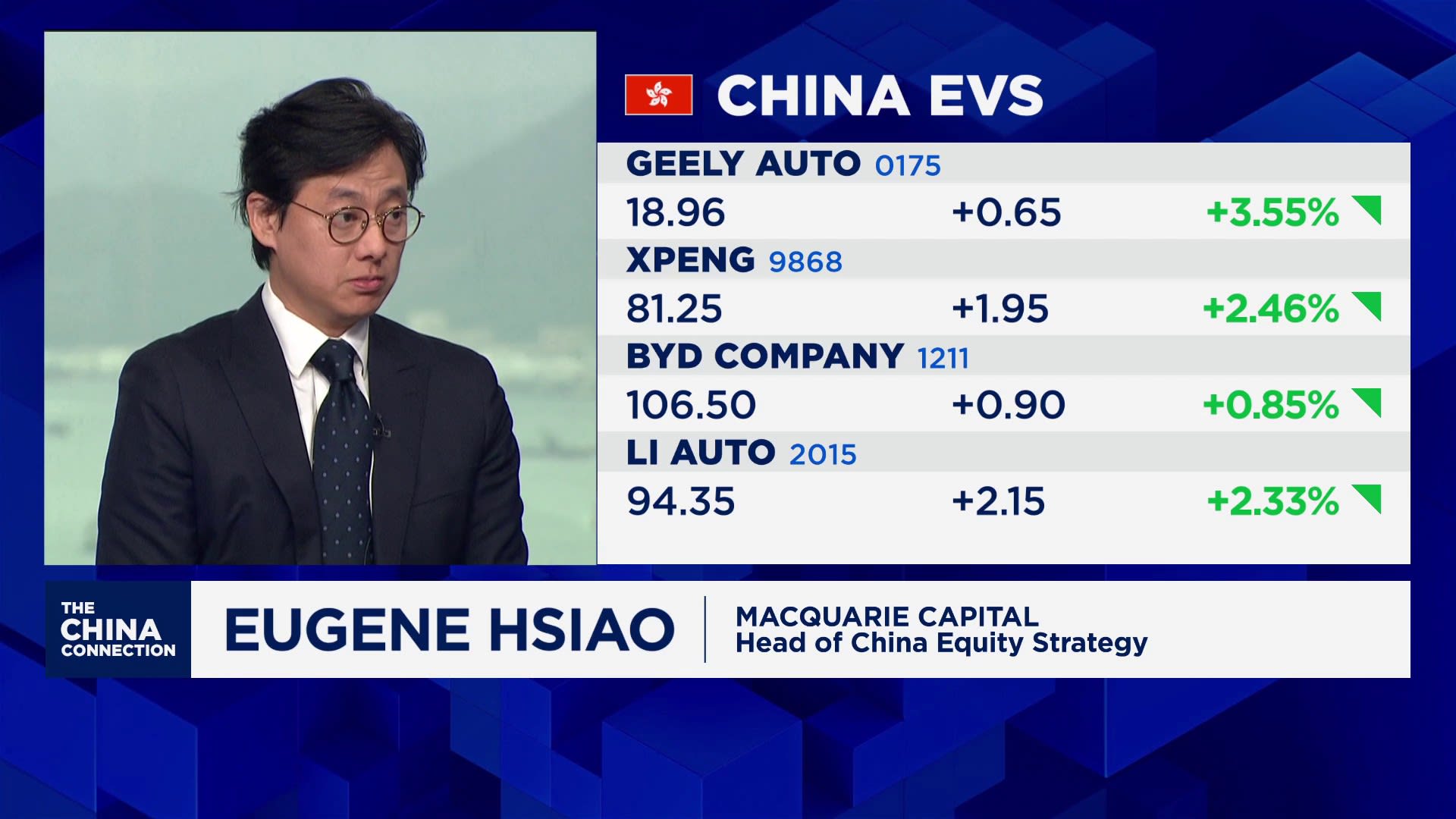Health
Chinese Automakers Capture European Market Share from Rivals

Chinese automakers have significantly increased their market share in Europe, overtaking not only local manufacturers but also other Asian brands. This development comes as European consumers turn their attention to electric vehicles (EVs) and innovative technology, areas where Chinese companies are making substantial investments.
As of March 2024, the shift in consumer preferences has allowed brands such as BYD and Geely to establish a strong foothold in the European automotive market. Analysts report that these companies have leveraged competitive pricing and advanced technology to attract environmentally conscious buyers. The trend has been particularly pronounced in countries like Germany and France, where local automakers are facing stiff competition.
Market Dynamics Favoring Chinese Brands
The success of Chinese car manufacturers in Europe is attributed to several key factors. First, the global automotive landscape is evolving rapidly, with a marked shift towards electric vehicles. Chinese carmakers have invested heavily in EV technology, allowing them to offer a diverse range of models that appeal to environmentally aware consumers. For instance, BYD recently introduced its latest electric sedan, which boasts a range of over 600 kilometers on a single charge.
In addition to technological advancements, the pricing strategy employed by these manufacturers has further enhanced their appeal. Many Chinese brands offer lower-priced alternatives compared to their European counterparts, making them attractive options for budget-conscious buyers. According to a report from the European Automobile Manufacturers Association, Chinese brands have increased their market share to approximately 15% in 2024, a notable rise from 8% in 2022.
Challenges for Local Manufacturers
As Chinese brands gain traction, local manufacturers are grappling with a series of challenges. Traditional automakers, such as Volkswagen and Renault, are under pressure to accelerate their own transition to electric vehicles. Many are investing billions to upgrade their production facilities and develop new models that can compete with the influx of Chinese vehicles.
Furthermore, the European Union’s regulatory environment is pushing automakers towards sustainability. Stricter emissions targets and incentives for EV adoption are reshaping the market. Local players must adapt swiftly to these changes or risk losing further ground to their Chinese competitors.
Despite these challenges, local brands are implementing strategies to reclaim market share. Many are enhancing their R&D capabilities and collaborating with tech companies to bring innovative features to their vehicles. The focus is on integrating advanced connectivity and autonomous driving technology to stand out in a crowded market.
As the competition intensifies, the landscape of the European automotive market is set for continued transformation. The rise of Chinese automakers signals a shift that could redefine consumer choices and industry dynamics in the coming years. With ongoing investments and a keen understanding of market demands, these companies are poised to play a significant role in the future of automotive manufacturing in Europe.
-

 Lifestyle4 months ago
Lifestyle4 months agoLibraries Challenge Rising E-Book Costs Amid Growing Demand
-

 Sports3 months ago
Sports3 months agoTyreek Hill Responds to Tua Tagovailoa’s Comments on Team Dynamics
-

 Sports3 months ago
Sports3 months agoLiverpool Secures Agreement to Sign Young Striker Will Wright
-

 Lifestyle3 months ago
Lifestyle3 months agoSave Your Split Tomatoes: Expert Tips for Gardeners
-

 Lifestyle3 months ago
Lifestyle3 months agoPrincess Beatrice’s Daughter Athena Joins Siblings at London Parade
-

 World3 months ago
World3 months agoWinter Storms Lash New South Wales with Snow, Flood Risks
-

 Science4 months ago
Science4 months agoTrump Administration Moves to Repeal Key Climate Regulation
-

 Science2 months ago
Science2 months agoSan Francisco Hosts Unique Contest to Identify “Performative Males”
-

 Business4 months ago
Business4 months agoSoFi Technologies Shares Slip 2% Following Insider Stock Sale
-

 Science4 months ago
Science4 months agoNew Tool Reveals Link Between Horse Coat Condition and Parasites
-

 Sports3 months ago
Sports3 months agoElon Musk Sculpture Travels From Utah to Yosemite National Park
-

 Science4 months ago
Science4 months agoNew Study Confirms Humans Transported Stonehenge Bluestones









